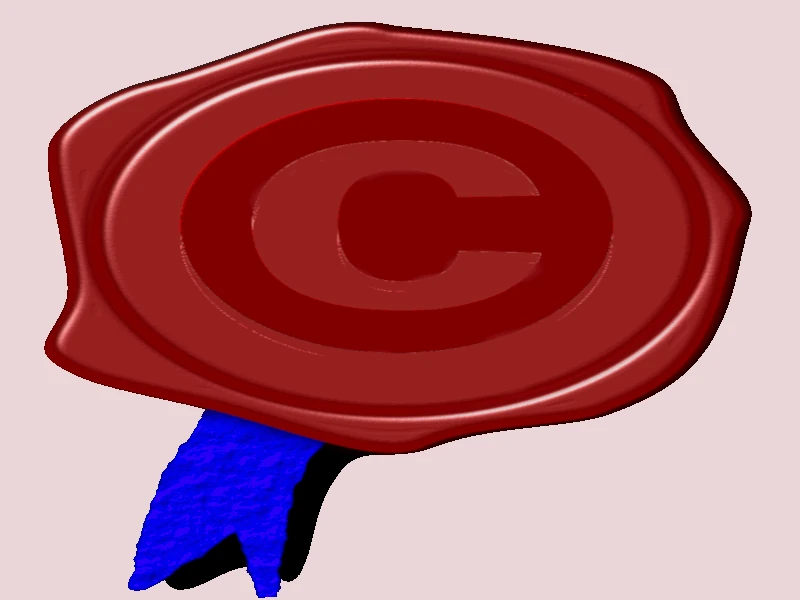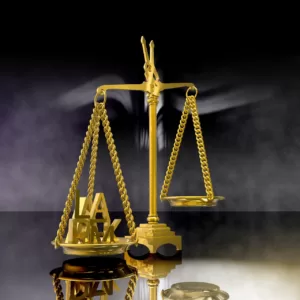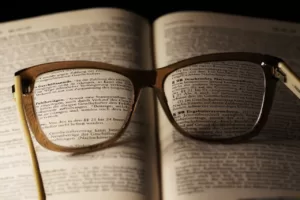The term copyright office is given under section 9 on the Copyright Act, 1957 makes it compulsory to have a copyright office. The copyright office is controlled by the registrar of copyright which is appointed by the Union government, which means that he will be working under the guidance, supervision and orders of the union government. The main aim of registration office is to provide facilities of registration and is headed by the registrars.
- What is a copyright office?
The Act establishes a Copyright Office, which shall be under the immediate control of the Registrar of Copyrights, who shall act under the superintendence and direction of the Central Government. A common seal is assigned for the Copyright Office. The Copyright Act, 1957 also enumerates the appointment of such Registrar of Copyrights’, that is, by the Central Government. It also gives power to the Central Government to appoint one or more Deputy Registrar of Copyrights? to carry out functions under the superintendence and direction of the Registrar of Copyrights as the Registrar may, from time to time, assigned to him under this Act.
The Copyright Office is presently located at New Delhi’ or other regional offices where the Registrar of Copyrights, headed by the Registrar of Copyright maintained to provide registration for all types of work.
- Registrar of Copyrights
The Registrar of Copyrights has the powers of a civil court when trying a suit under the Code of Civil Procedure in respect of the following matters, namely, summoning and enforcing the attendance of any person and examining him on oath; requiring the discovery and production of any document; receiving evidence on affidavit; issuing commissions for the examination of witnesses or documents; requisitioning any public record or copy thereof from any court or office; any other matters which may be prescribed.
Copyright Registrar primarily serves as an office of record, a place where claims to copyright are registered and documents related to copyright are recorded. the purpose is to furnish information about the provisions of the copyright law and the procedures for making registration, to explain the operations and practices of the Copyright Office, and to report on facts found in the public records of the Office.
- COPYRIGHT BOARD OR APPELLATE BOARD
Section 11 of the Copyright Act, 1957 provides for the establishment of the “Copyright Board” or now termed as the “Appellate Board*S. It is a quasi-judicial body constituted by the Central Government. In accordance with Section 11 of the Copyright Act, 1957, the Appellate Board shall be the same board as established under Section 83 of the Trade Marks Act, 1999, that is, a board constituted by the Central Government, by notification in the Official Gazette, to be known as the Intellectual Property Appellate Board to exercise the jurisdiction, powers and authority conferred on it by the Act.
The Board consists of a Chairman and other members. The person to be appointed as a Chairman of the Copyright Board shall be qualified to hold the office of a judge of a High Court or could be holding such position or must have held. There is no qualification mentioned about the members of the Board. The Chairman and the members shall hold their office for five years. The members as aforesaid shall be eligible for reappointment.
The Board shall be deemed to be a civil court for the purposes of Sections 345 and 346 of the Code of Criminal Procedure, 1973 and all proceedings before the Board shall be deemed to be judicial proceedings within the meaning of Sections 193 and 228 of the Indian Penal Code.



